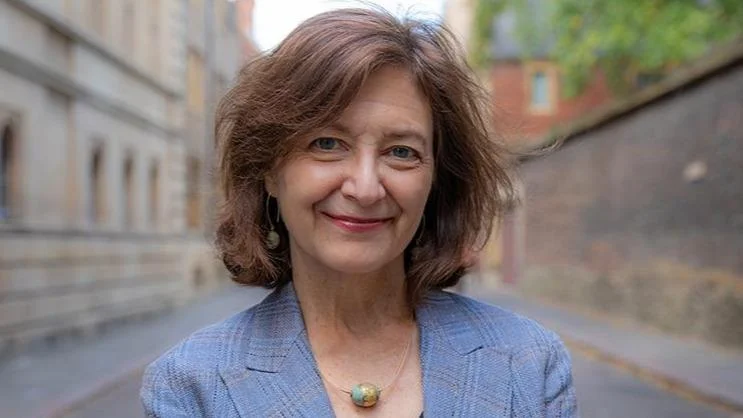Professor John Clarke, an alumnus of the University of Cambridge, has been named a co-recipient of the 2025 Nobel Prize in Physics. He shares the award with Michel H. Devoret and John M. Martinis for their work demonstrating quantum physics in practical applications.
Clarke is Professor Emeritus at the University of California at Berkeley. He completed both his undergraduate and doctoral studies at Cambridge, having attended Christ’s College and later Darwin College for his PhD at the Cavendish Laboratory. His research has focused on superconducting quantum interference devices (SQUIDs), which are highly sensitive detectors of magnetic flux.
“John Clarke, together with Michel Devoret and John Martinis, pushed the door open for today’s quantum technologies based on superconducting qubits, putting fundamental quantum phenomena at work in real devices,” said Professor Mete Atature, Head of the Cavendish Laboratory. “Brian Josephson – another Cavendish Nobel Laureate – was first to propose the concept of a new quantum phase arising from tunnelling between two superconductors. John Clarke's PhD work in the Cavendish Laboratory demonstrated the operational principle of what we call a superconductor-normal-superconductor (SNS) Josephson Junction - essentially the heart of all superconducting qubits today. Devoret and Martinis spearheaded the translation of this fundamental quantum physics concept into what superconducting quantum computing is today. I’m of course thrilled with today’s well-deserved announcement.”
The trio conducted experiments that explored how large systems can display quantum mechanical effects, a significant question in physics. Their research showed that electrical circuits made from superconductors could demonstrate both quantum tunnelling and quantised energy levels even when scaled up to macroscopic sizes.
Quantum mechanics allows particles to pass through barriers via tunnelling—a phenomenon typically insignificant when many particles are involved. However, their experiments confirmed that such effects can be observed on a much larger scale than previously thought.
In experiments during 1984 and 1985, Clarke, Devoret, and Martinis used electronic circuits built from superconductors separated by thin layers of non-conductive material—known as Josephson junctions—to control and measure various properties as current passed through them. This allowed them to observe behavior consistent with predictions from quantum mechanics: specifically, that these systems only absorb or emit certain amounts of energy.
Professor Deborah Prentice, Vice-Chancellor of the University of Cambridge, commented: “Congratulations to Cambridge alumnus Professor Clarke on being jointly awarded this year’s Nobel Prize in Physics for his research into quantum mechanical tunnelling. Not only did he grow up in this incredible city, but he studied from his undergraduate degree through to his PhD here.
“Professor Clarke joins 125 other noteworthy Cambridge alumni and researchers who have been awarded Nobel Prizes, highlighting our University’s remarkable impact within the research and education sectors.”
Clarke has maintained connections with Cambridge throughout his career by holding fellowships at several colleges and receiving an ScD from the university in 2003. In 2023 he was elected an Honorary Fellow at Darwin College.
He becomes the 126th affiliate from Cambridge to receive a Nobel Prize.

